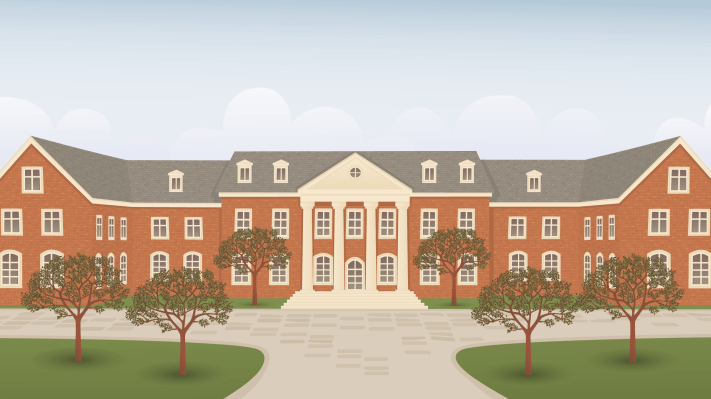The class of 2015 graduated with an average of $35,000 in student loan debt, the most in history. And yet, executives and hiring managers continue to complain about their inability to fill skilled positions in their companies. This is the skills gap, and we’ve been talking about it for more than a decade. So why aren’t universities addressing this problem? Because they can’t.
Here’s why.
The skills gap really exists in two dimensions; the gap in actual skills obtained by students relative to the job they want, and the gap in a person’s perceived skills relative to their actual skills.
The real skills gap
Gaps in obtained skills are a very real thing. Career Builder reported in 2014 that 81 percent of hiring managers said it was at least “Somewhat Difficult” to fill open positions due to lack of skills, and 61 percent said they had hired a person who was not fully qualified for the role. While some of the most critical skills gaps persist throughout career stages, many are manifest in entry level positions, where new college grads most often look for work.
Despite their educational investments, students report finding a job to be a big challenge. Nearly half of all graduating students say college did not prepare them for the working world, and 83 percent don’t have a job lined up when they graduate. Additionally, other research reports 62 percent of students say the job search is “frustrating” or “very frustrating.” It’s an even bigger challenge for women and minorities.
The skills perception gap
The less-often discussed part of the skills problem is one of perception. After college, students come away with a perception they have the right skills, but employers don’t agree. A recent survey by the AACU revealed that in many instances, students are more than twice as likely as employers to report being well prepared in key areas such as critical thinking, oral and written communication skills and being creative. Another study reported the majority of workers recognize a skills gap (61 percent), but a whopping 95 percent did not think it applied to them — a classic example of the Lake Wobegon effect, where all the children are above average.
Universities as skill developers
It’s easy to blame universities for these problems. After all, students are paying record amounts in tuition for the chance at a good-paying job. The result is an eyebrow-raising $1.3 trillion in national student loan debt (and growing at $2,700 per second).
We’re asking an old, comfortable dog to do new tricks. It will not happen.
But how focused are universities at developing skills, really? Just look at the mission statements of the top 25 business schools for 2016. They all talk about gaining and sharing knowledge and making the world better, but only one — Carnegie Mellon University — even mentioned the word skills in their mission statement (a few mention skills in other contexts). If the top business schools in America don’t consider it part of their mission to teach their students skills, how can we expect them to prepare students for the workforce?
Colleges and universities in the U.S. were established to provide rich experiences and knowledge to their students to help them contribute to society and improve their social standing. But in the 1930s, with millions out of work, the perceived role of the university shifted away from cultural perspective to developing specific trades. Over time, going to college began to represent improved career prospects. That perception persists today. A survey from 2015 found the top three reasons people chose to go to college were:
- improved employment opportunities
- make more money
- get a good job
But universities have no incentive to change; the reward system for professors incentivizes research over students’ career success, and the hundreds of years of institutional tradition will likely inhibit any chance of change. By expecting higher education to take on closing the skills gap, we’re asking an old, comfortable dog to do new tricks. It will not happen.
Degrees still matter
Many point to the promising trend away from college degrees as required hurdles for employment. Deloitte, Google, Penguin Random House, Cisco, T-Mobile and others have recently removed that requirement for employment.
But despite the perception that people without college degrees can still get high-paying jobs, particularly in technology, real hiring data tells a more somber story. Burning Glass Technologies, a labor market data firm, reports in a recent WSJ piece that 92 percent of tech-sector job postings still list a bachelor’s degree as required.
Why is this? Simply put, hiring managers don’t have a better way to gauge people’s skills and expertise. If someone graduated from a good university in a relevant field with a good GPA and references, that’s deemed close enough to measure at least baseline ability and intellect, to say nothing of a true measurement of skills and expertise.
